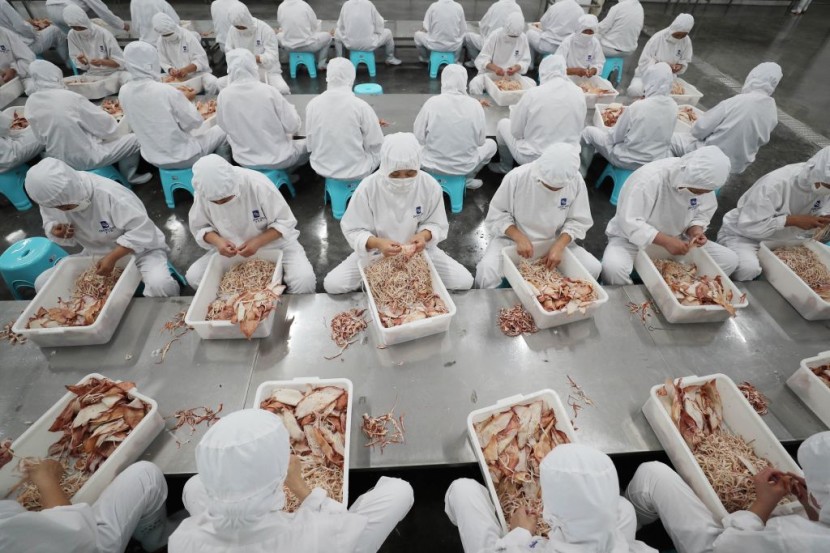As a result of worries about lingering nuclear contamination, the prohibition on imports from 10 Japanese prefectures, including Fukushima, was extended in China. Additionally, it was decided to thoroughly screen all shipments from other locations rather than only spot-checking them.
The General Administration of Customs declared that the plan to release the water from the nuclear disaster of 2011 "failed to fully reflect expert opinions" and that it will take "all necessary measures" to protect the safety of Chinese consumers, according to The Guardian.
Twelve years ago, in response to the nuclear meltdowns and hazardous material leaks at the Fukushima nuclear power plant in northeastern Japan in March 2011, China first imposed a ban on food imports from the ten prefectures of Japan.
Food imported from outside Japan, particularly edible aquatic goods, will also undergo "strictly 100%" certification document screening and inspection.
A Slowdown in Maritime Product Imports?
Japan is China's fifth-largest trading partner, but the new agreements may cause a significant slowdown in maritime product imports and even a de facto embargo.
According to Japanese official data, its agricultural, forestry, fisheries, and food exports increased by 14.3% from a year earlier to 1.4148 trillion yen (US$9.8 billion) in 2017.

The value of Japanese agricultural, forestry, and food exports to China in 2022 was estimated at 278.3 billion yen by the Ministry of Agriculture, Forestry, and Fisheries of Japan in February. Scallops and Japanese sake are both very well-liked in the Chinese market.
Despite its foreign sea product purchases expanding by 35 percent to US$191.3 billion last year, according to data from the International Trade Centre, China has considerably decreased its seafood imports from Japan during the past ten years. The figures showed that the volume of imports increased by 21 percent as well.
How China Responds to the Release of Fukushima Water
The top seafood importers to China are Ecuador, Russia, Vietnam, India, Canada, and the United States. Additionally, it would "maintain a high level of vigilance and take absolute responsibility to domestic consumers as the principle".
The International Atomic Energy Agency (IAEA) approved Japan's proposal to release the water on Tuesday, stating that it complied with all applicable regulations and that the radiation exposure to humans and the environment was minimal.
In response to the research, the China Atomic Energy Authority stated that more than 70 percent of nuclear-contaminated water failed to meet discharge restrictions even after passing through a filtering system and that additional treatment is necessary. China's customs office claims there isn't a universal agreement on the report's conclusions.
Following the release of Fukushima wastewater into the ocean, China's National Nuclear Safety Administration stated two days earlier that it would continue to monitor radiation levels there and give prompt warnings if any anomalies were discovered.
© 2026 HNGN, All rights reserved. Do not reproduce without permission.








